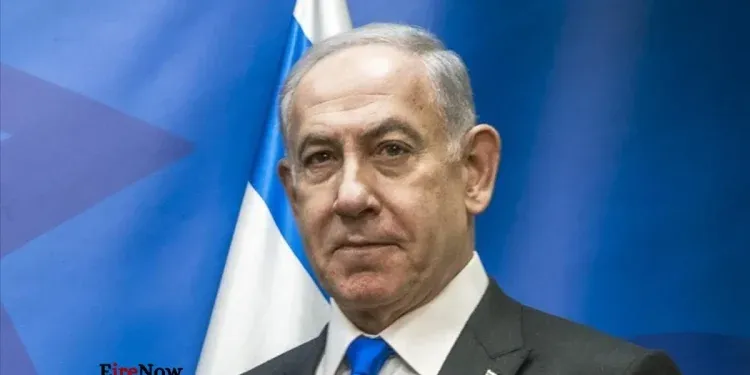JERUSALEM – Israeli Prime Minister Benjamin Netanyahu has stated that Hamas leaders will not be granted immunity, vowing to target them “wherever they are.” His comments come in the wake of a recent and controversial Israeli airstrike in Doha, Qatar, which has drawn international outrage and intensified diplomatic tensions.
Speaking at a press conference alongside U.S. Secretary of State Marco Rubio, Netanyahu defended the strike, asserting that every country has the right to “defend itself beyond its borders.” He maintained that the operation was conducted independently, telling reporters, “We did it on our own. Period.” The strike in Qatar, a key U.S. ally and a major host of U.S. military presence, reportedly killed six people, though Hamas leaders survived the attack.
The strike has sparked significant backlash, including from U.S. President Donald Trump, who reportedly assured Qatar that “such a thing will not happen again on their soil.” Despite this apparent rift, Rubio and Netanyahu presented a united front during their meeting, with Rubio praising the strong bilateral relationship.
Escalating Tensions and Regional Response
The Israeli strike in Qatar has prompted Arab leaders to convene an emergency summit in a show of solidarity with the Gulf nation. The Qatari Prime Minister has urged the international community to cease applying “double standards” and to hold Israel accountable for the attack. Qatar has played a crucial role as a mediator in indirect negotiations between Israel and Hamas to end the war in Gaza.
Following his visit to Israel, Rubio is scheduled to travel to Qatar in an effort to de-escalate tensions and reaffirm U.S. commitment to its Gulf allies.
Gaza Offensive and Humanitarian Crisis
The diplomatic turmoil coincides with an intensified Israeli military campaign in the Gaza Strip. The Israel Defense Forces (IDF) have continued demolition of residential buildings and are reportedly preparing for ground operations in the western neighborhoods of Gaza City. The IDF has urged residents to flee south, but many are unable or unwilling to do so, citing safety concerns and a lack of resources.
The United Nations has warned that a further intensification of the offensive could lead to an “even deeper catastrophe,” as a famine has already been declared in the region.
Debate over Palestinian Statehood and West Bank Settlements
Netanyahu and Rubio’s meeting also comes ahead of a UN General Assembly session where several key U.S. allies are expected to recognize the State of Palestine. This has heightened internal debate within Israel, with hardline elements advocating for the annexation of the West Bank to prevent the establishment of a Palestinian state.
The Israeli government recently gave final approval for the E1 settlement project, which critics say would effectively split the West Bank in two, isolating Palestinian populations. In a statement last week, Netanyahu affirmed, “We are going to fulfil our promise that there will be no Palestinian state. This place belongs to us.” This aligns with a proposal by far-right Finance Minister Bezalel Smotrich for the annexation of most of the West Bank.
Rubio’s Controversial Itinerary
Rubio’s visit to the City of David archaeological park in occupied East Jerusalem has also sparked controversy. The park is managed by a settler organization in a Palestinian neighborhood, and a planned tunnel excavation under Palestinian homes is intended to mark a historic route, an action widely viewed as provocative.







